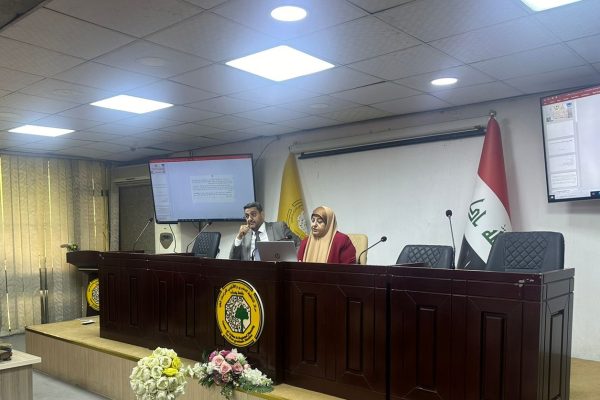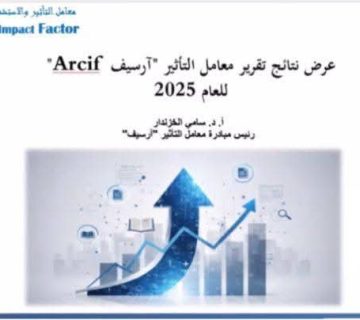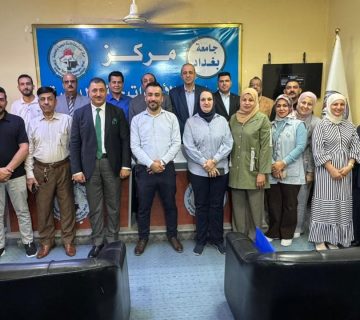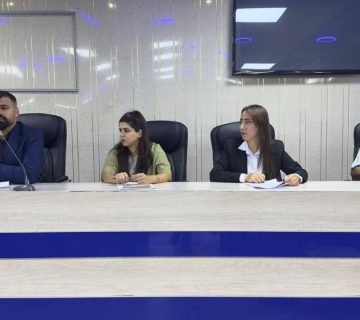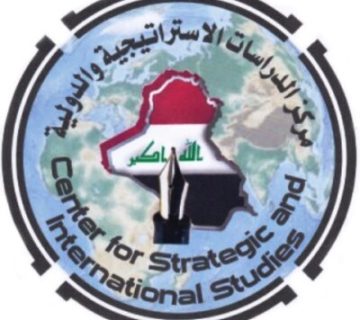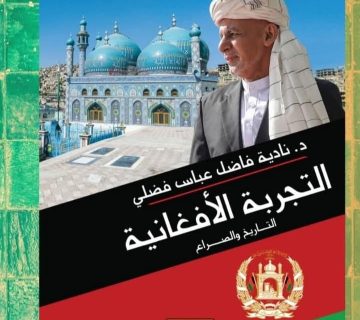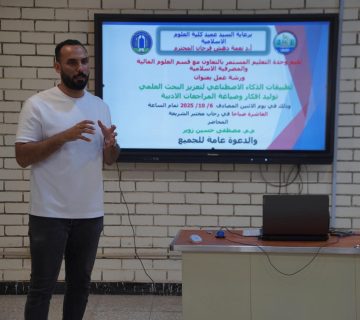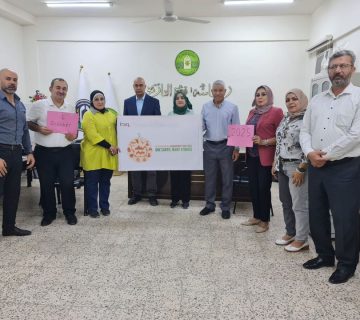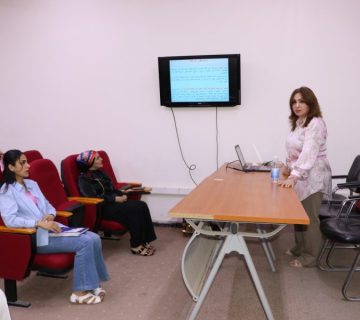The Center for Urban and Regional Planning for Graduate Studies at the University of Baghdad organized the scientific workshop tagged (Crowd Management on the fortieth visit to Karbala) in the presence of a group of the center’s teachers, employees, and graduate students.
The workshop aimed to study the area of the city of Karbala and the extent to which it accommodates the crowds of visitors coming to it from inside and outside Iraq during the fortieth visit of Imam Hussein (peace be upon him), and the teaching at the center, Prof. Dr. Areej Al-Rawi, presented her research tagged (organizing the distribution of means of transportation in the city of Karbala during the fortieth visit), in which she dealt with the organization of transportation in the fortieth visit to Karbala, reviewing the number of visits and visitors and a map of land uses in the city, after the city was divided into 4 sectors with an evaluation of the movement of vehicles and pedestrians. on the street network and then compared to the level of standard street condition.
The research found that all streets are crowded with vehicles and pedestrians, and thus the narrator made her recommendation to use mass transportation and prepare its own parking lots and others designated for private vehicles.
While the second research by the teacher, Dr. Ihsan Sabah Hadi, tagged (multifunctional urban space and its role in meeting the requirements of visitors to the forties of Imam Hussein in the center of the holy city of Karbala), dealt with the importance of the city of Karbala as one of the most important religious cities that Muslims from different countries of the world are keen to visit annually, after the number of visitors in 2014 reached about 21 million visitors, as it requires taking into account their requirements and providing services to them in a small area of the city center of Karbala, which is 75.67 hectares, which accommodate less than 40,000 people, so practical and sustainable solutions must be found to provide these requirements without the need to build new service structures.


